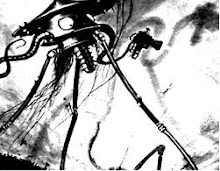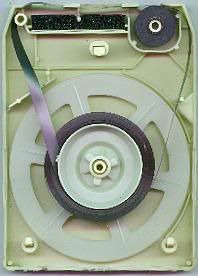A History Lesson in Media and Democracy
Required reading for today -- an Al Gore speech from October of 2005. Here's a sample: It is important to note that the absence of a two-way conversation in American television also means that there is no "meritocracy of ideas" on television. To the extent that there is a "marketplace" of any kind for ideas on television, it is a rigged market, an oligopoly, with imposing barriers to entry that exclude the average citizen. The German philosopher, Jurgen Habermas, describes what has happened as "the refeudalization of the public sphere." That may sound like gobbledygook, but it's a phrase that packs a lot of meaning. The feudal system which thrived before the printing press democratized knowledge and made the idea of America thinkable, was a system in which wealth and power were intimately intertwined, and where knowledge played no mediating role whatsoever. The great mass of the people were ignorant. And their powerlessness was born of their ignorance.
For further reading, look up Neil Postman's Amusing Ourselves to Death: Public Discourse in the Age of Show Business.
This gets me thinking... will vlogging destroy blogging as television has destroyed print, or will blogging bring a return to the Rule of Reason?



No comments:
Post a Comment